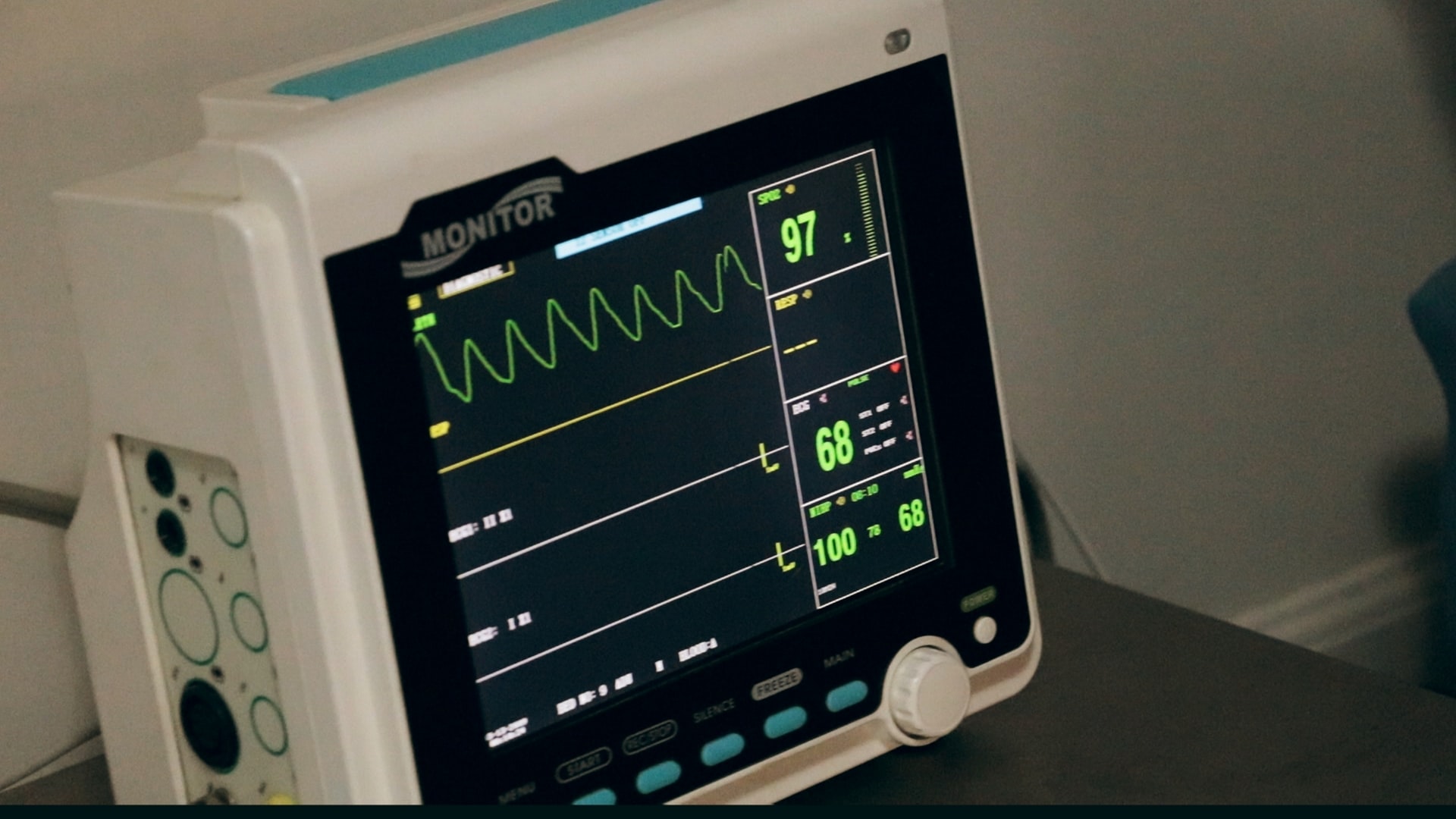Artificial intelligence can now be used to predict whether or not a patient could develop cardiovascular disease in life, according to the latest research by an international team. The team has a paper published in the journal of Nature Biological Engineering. In the paper, the team describes that just by the use of retinal scans as a source of data they were able to teach artificial intelligence how to recognize the signs that indicate cardiovascular diseases in humans.
Doctors have for decades looked into the eyes of people searching for any sudden changes in their retinal blood vessels that have the ability to indicate the effects of high blood pressure over some time. These impacts can also signal an impending disease of the heart.
Over some years medical experts have built instruments that let eye doctors examine people’s eyes better than they could before. They use these instruments to examine areas of the eye that are most vulnerable to damage from high blood pressure or hypertension. These methods have been used as part of the diagnosis for patients that have the risk of developing this disease.
Also Read: Individuals With the Most Irregular Sleep Patterns are at Higher Risk of Cardiovascular Diseases
These tools however still need medical professionals to give the final word on the matter. But in this research endeavor, the researchers have taught a unique Al system to identify these symptoms without a requirement of a human to confirm these results.
The team trained an AI system to spot indicators of heart disease after reading the retinal vasculature scans as well as reading data that describes markers for any supposed patient. For a system like this to work however the AI needs to learn beforehand the markers that are associated with the disease and this can only be done by letting the machine study thousands of images coming from patients.
In the case of this research, the researchers prepped the system by teaching it images from above 70,000 people who originated from various diverse backgrounds.
To evaluate how accurate this system could prove to be the researchers took the results from the AI and compared them to the results they acquired from real doctors who employed traditional methods of testing to provide a diagnosis on the disease. These methods include checking for diabetes, looking at BMI, obesity, glycated hemoglobin levels, and cholesterol.
Also Read: People with Lower Body Fat are at Reduced Risk of Hypertension- American Heart Association Report
According to what the researchers have to say, their system performed way better than the experts they compared the results to.
The researchers believe that these AI-based systems of diagnosis can prove particularly helpful in offering predictions for the onset of such heart diseases and may also be a helpful tool for doctors that aim to grasp the presence of this disease early in patients.
This will therefore help doctors detect a disease that can prove lethal for the people that have it, knowing the disease early can be helpful in reducing tragedies in the population that could otherwise be averted if the disease was discovered earlier.


